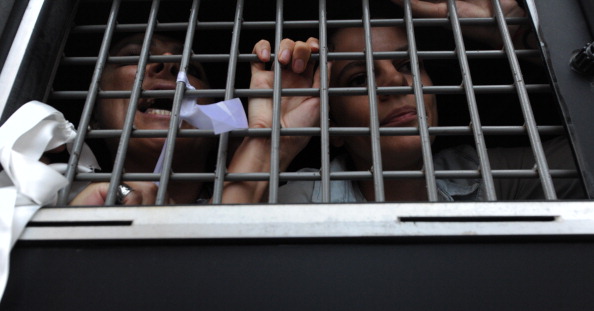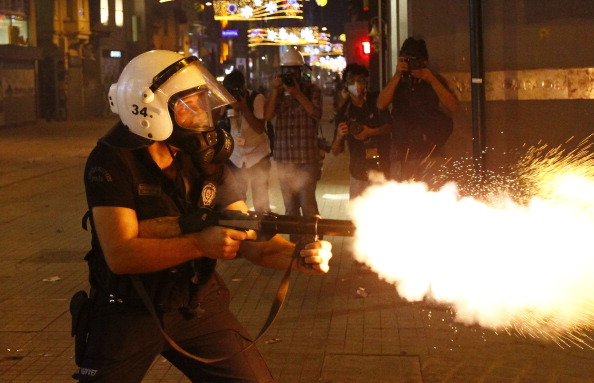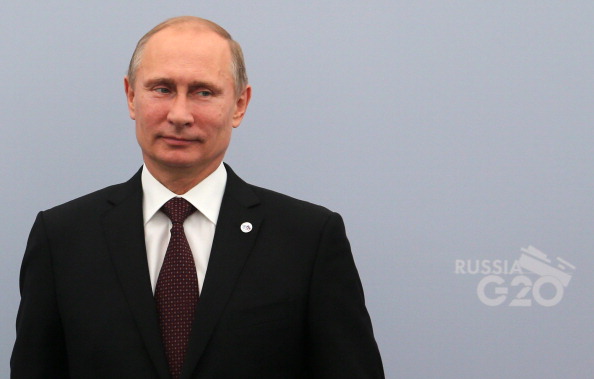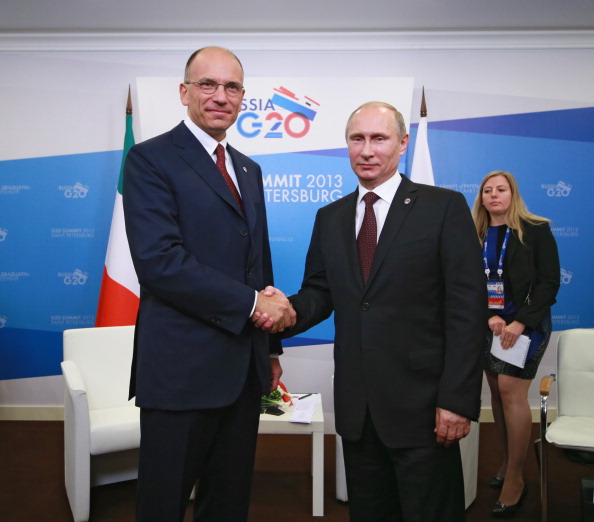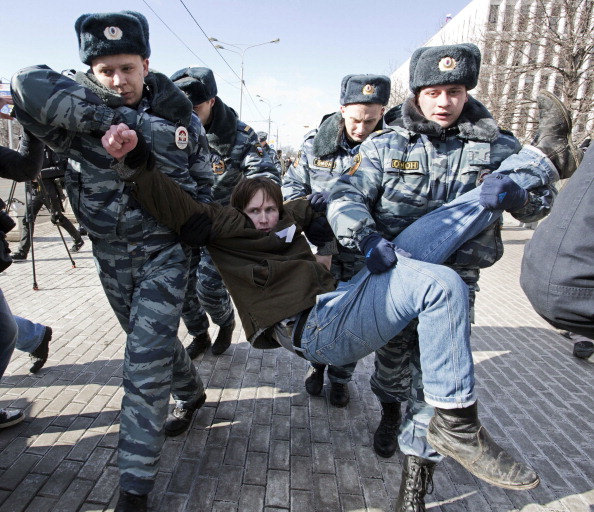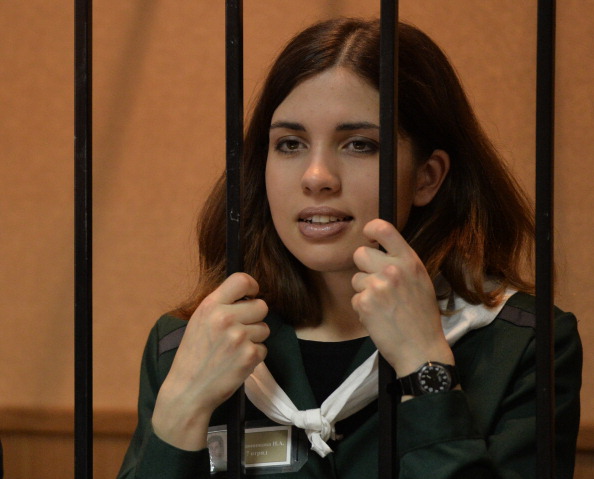
Nadya had publically complained of threats she received from prison officials (Photo Credit: Maksim Blinov/AFP/Getty Images).
Pussy Riot member Nadezhda “Nadya” Tolokonnikova is rumored to have been transferred to a prison colony in Siberia. But we can’t know for sure because Russian authorities refuse to disclose her whereabouts.
If these reports are true, transferring her to a prison colony thousands of miles from Moscow would make it impossible for her family and lawyers to see her. This would be a grave violation of her human rights and Russia’s own laws.
It’s especially concerning because Nadya had publicly complained of threats she received from prison officials. We fear she may now be being punished for this and for speaking out against deplorable prison conditions.
